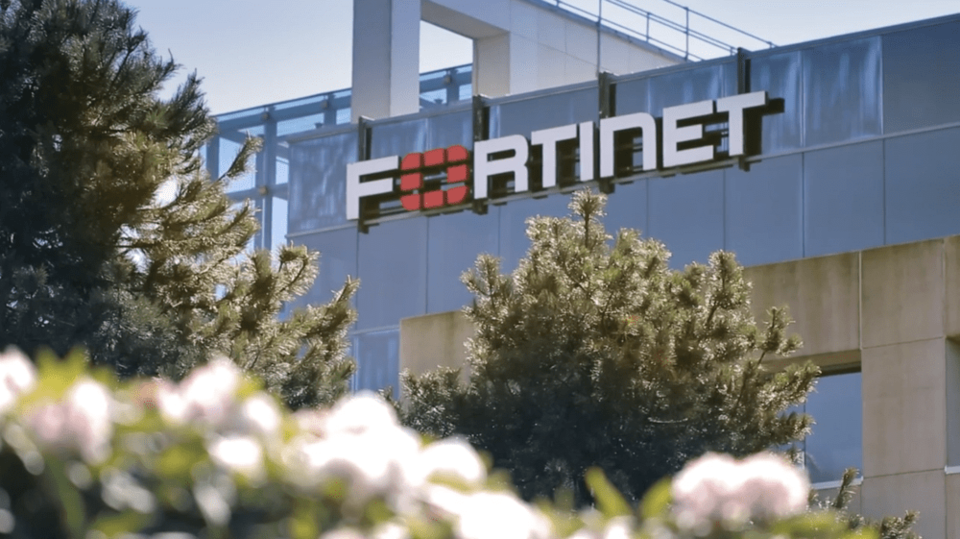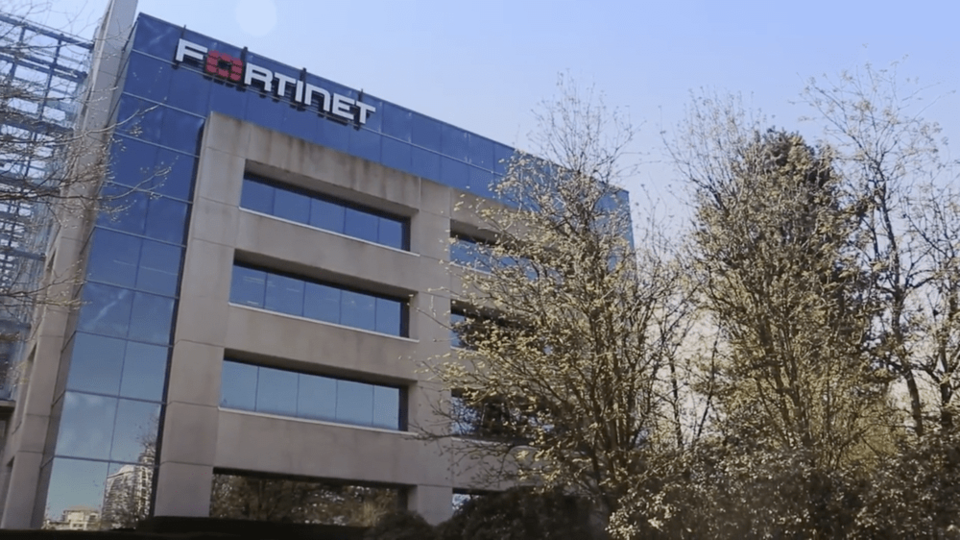To fully appreciate how much our lives have changed online, consider the decades-old promise of a Nigerian prince offering you riches beyond your dreams by way of a simple email click.
Sure, some were duped but that scenario is now largely confined to the world of satire and memes.
Now, online threats are pervasive and damaging to the extent that highly organized crime syndicates can paralyze entire business ecosystems from across the globe.
Fortinet, a global cybersecurity leader with a primary research and development hub in Burnaby, exists to prevent, deter and fight back against those online calamities.
“There is a lot of bad news out there with respect to cybercrime,” describes Derek Manky, global vice president of threat intelligence at Fortinet's FortiGuard Labs. “But any time you see our progress, or even simply knowing that you’re helping others out, it’s a great feeling,”
Ensuring your digital systems are secure

Fortinet’s vast array of services acts as a type of super glue, hardening online systems through mitigation and defensive techniques, backing cyber criminals into a corner until they eventually give up on attacking Fortinet clients.
These clients cover virtually every sector: small and medium businesses, both private and public sector institutions, mid to large enterprises and operational technology providers in the areas of manufacturing, oil and gas and electricity.
With services offered remotely or on-site, Fortinet’s protective reach extends to subscription-based services, cloud management; interior threat protection, threat mitigation and response. It also provides forensic services and a Security Operations Centre (SOC) offering ideal for mid to large enterprises to augment their existing security strategies.
Fortinet also offers a pair of services designed to get out in front of the bad guys: penetration testing that assesses an organization’s security apparatus and a team of threat hunters that actively engage on the dark web to understand what tools criminals are currently utilizing.
Instilling solid cyber security practices

The need for this protection is ever present: according to recent Fortinet data, there’s been a 35% increase in outbreak alerts issued in 2023 over 2022. Manky points to two areas of particular concern: advanced extortion/ransomware attacks and business email compromises (BEC).
Today’s ransomware attacks focus on both service providers and mid to large enterprises, targeting intellectual property, customer data, personal information and personally identifiable information.
“The ransomware threat is absolutely rampant right now and we are seeing it across the board,” Manky explains.
The BEC scenario sees attackers going after an organization’s finances, specifically. One common scenario could see a chief financial officer’s email address compromised, which ultimately ends up re-routing payments from their intended destination and into the hands of criminals.
Beyond the company’s global reputation for cybersecurity, Fortinet’s Burnaby operation also represents a massive economic driver, employing more than 1,800 people locally and close to 6,000 across Canada.
That said, while based locally, Fortinet’s presence extends across the world. Through its work with institutions such as the World Economic Forum and Interpol, Fortinet is at the forefront of pioneering best practices in cyber security and disrupting international crime.
“These partnerships have led to arrests and prosecutions and that feels really good because you know your efforts have contributed to it,” Manky says.
To learn more about Fortinet and its services, visit fortinet.com.




